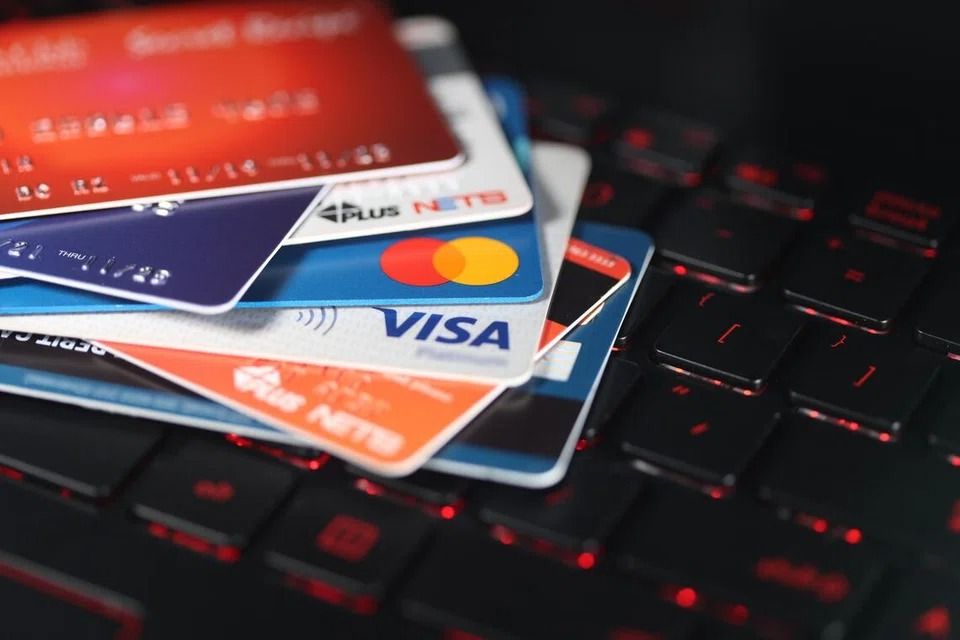SINGAPORE (The Straits Times/ANN): Singapore ranks second among countries for stolen payment cards, after the US and ahead of Spain, a recent study showed.
However, this does not necessarily mean that Singaporeans are more vulnerable.
Rather, it reflects a combination of factors, including the country’s high level of digitalisation and the widespread use of online payments, said NordVPN cyber-security adviser Adrianus Warmenhoven.
The US accounts for the largest share of stolen payment cards worldwide, with more than 60 per cent of such cards belonging to American users. Singapore comes in second at about 11 per cent and Spain third at around 10 per cent.
These were findings from NordStellar, a threat exposure management platform created by NordVPN. NordStellar researchers analysed stolen payment card data being sold on dark web marketplaces. The dataset, collected in May 2025, included about 50,700 card records.
The dark web is a part of the internet that lets people hide their identity and location, and is often used by criminals to sell stolen personal information.
Analysis showed that over the past two years, prices for stolen payment cards have risen significantly. The largest increase was in New Zealand (more than 444 per cent), followed by Argentina (368 per cent) and Poland (221 per cent).
“Even with prices rising, card data remains cheap enough for entry-level criminals,” Warmenhoven said.
“On major marketplaces, a single stolen card often costs about the price of a movie ticket. Cards are frequently sold in bulk, stay valid for long periods, and can be cashed out locally – so for a few dollars, criminals choose between a night at the cinema or a ready-made route to fraud, account takeovers and outright cashing of someone else’s money,” he added.
Globally, most stolen payment cards are sold for around US$9 (S$11.75).
In Europe, Spain tops the list at US$11.68, followed by France (US$11.07) and Switzerland (US$11.96). In Asia, Japan leads with cards averaging US$22.80, followed by Kazakhstan (US$16.87) and Thailand (US$15.08).
Stolen Singapore payment cards are sold for US$13.19 on average, an increase of about 29 per cent from the US$10.20 in 2023.
“Payment cards from economically developed countries like Singapore are not the primary target for cyber criminals because these countries typically have stronger anti-fraud systems and more effective customer protection,” Warmenhoven said.
“Because there is a high supply of stolen Singaporean cards on the dark web, their prices are lower than those from countries where stolen data is rarer, such as Japan. It’s also not related to high credit limits or weak verification systems. In fact, the opposite trend applies – countries with stronger law enforcement and stricter anti-fraud controls usually have lower prices for stolen cards, as the risks for cyber criminals are higher,” he added.
Warmenhoven shared a series of steps people can take to protect themselves, such as monitoring your statements regularly and turning on real-time transaction alerts to catch unfamiliar charges early and dispute them quickly.
Other practices include using strong passwords and refraining from saving passwords and payment data in browsers as malware can access a browser’s local password storage and steal autofill information, such as passwords, addresses and payment card details.
Over $1.2 million was lost to credit card phishing and mobile wallet scams from October to December 2024, the Singapore authorities reported on Feb 17. At least 656 cases were reported in the three months. — The Straits Times/ANN

